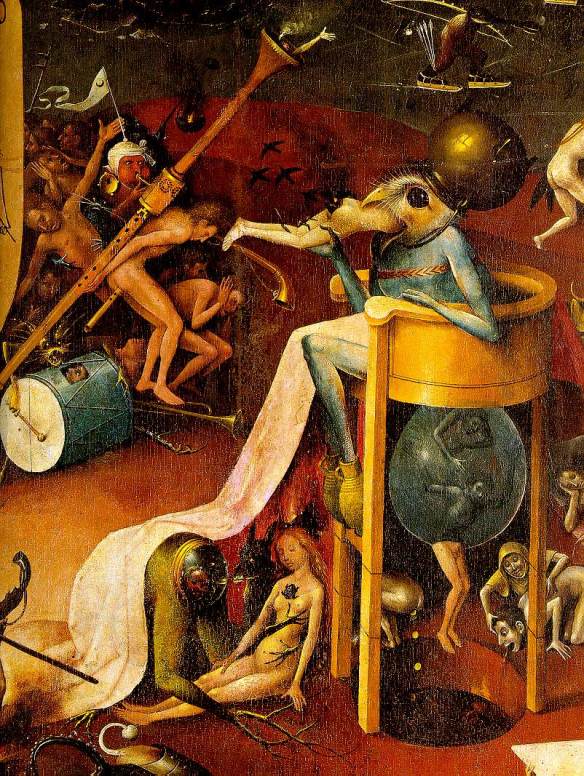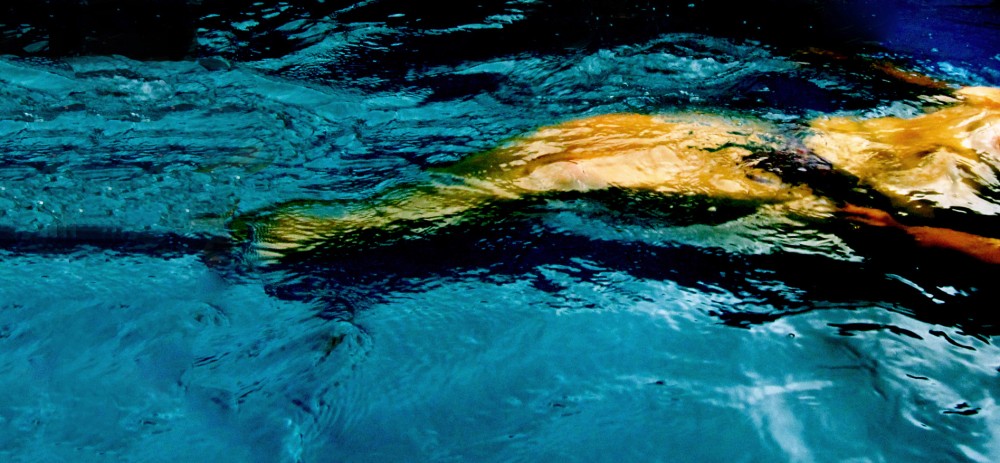
“Nearer, My God, To Thee” – cartoon of 1912
“Nearer, My God, to Thee” is a 19th-century Christian hymn by Sarah Flower Adams, based loosely on Genesis 28:11–19,[1] the story ofJacob’s dream. Genesis 28:11–12 can be translated as follows: “So he came to a certain place and stayed there all night, because the sun had set. And he took one of the stones of that place and put it at his head, and he lay down in that place to sleep. Then he dreamed, and behold, a ladder was set up on the earth, and its top reached to heaven; and there the angels of God were ascending and descending on it…”
The hymn is well known, among other uses, as the alleged last song the band on RMS Titanic played before the ship sank.
The lyrics to the hymn are as follows:[2][3][4]
- Nearer, my God, to Thee, nearer to Thee!
- E’en though it be a cross that raiseth me;
- Still all my song shall be nearer, my God, to Thee,
- Chorus: Nearer, my God, to Thee, nearer to Thee!
- Though like the wanderer, the sun gone down,
- Darkness be over me, my rest a stone;
- Yet in my dreams I’d be nearer, my God, to Thee,
- Nearer, etc.
- There let the way appear steps unto heav’n;
- All that Thou sendest me in mercy giv’n;
- Angels to beckon me nearer, my God, to Thee,
- Nearer, etc.
- Then with my waking thoughts bright with Thy praise,
- Out of my stony griefs Bethel I’ll raise;
- So by my woes to be nearer, my God, to Thee,
- Nearer, etc.
- Or if on joyful wing, cleaving the sky,
- Sun, moon, and stars forgot, upwards I fly,
- Still all my song shall be, nearer, my God, to Thee,
- Nearer, etc.
A sixth verse was later added to the hymn by Edward Henry Bickersteth Jr. as follows:[2]
- There in my Father’s home, safe and at rest,
- There in my Saviour’s love, perfectly blest;
- Age after age to be, nearer my God to Thee,
- Nearer, etc.
Text and music[edit]
The verse was written by the English poet and Unitarian hymn writer Sarah Flower Adams at her home in Sunnybank, Loughton, Essex, England, in 1841. It was first set to music by Adams’s sister, the composer Eliza Flower, for William Johnson Fox‘s collection Hymns and Anthems.[5]
In the United Kingdom, the hymn is usually associated with the 1861 hymn tune “Horbury” by John Bacchus Dykes, named for a villagenear Wakefield, England, where Dykes had found “peace and comfort”.[6][7] In the rest of the world, the hymn is usually sung to the 1856 tune “Bethany” by Lowell Mason. British Methodists prefer the tune “Propior Deo” (Nearer to God), written by Arthur Sullivan (of Gilbert and Sullivan) in 1872.[8] Sullivan wrote a second setting of the hymn to a tune referred to as “St. Edmund”. Mason’s tune has also penetrated the British repertoire.[9]
The Methodist Hymn Book of 1933 includes Horbury and two other tunes, “Nearer To Thee” (American) and “Nearer, My God, To Thee” (T C Gregory, 1901–?),[10] while its successor Hymns and Psalms of 1983 uses Horbury and “Wilmington” by Erik Routley.[11] Songs of Praise includes Horbury, “Rothwell” (Geoffrey Shaw) and “Liverpool” (John Roberts/Ieuan Gwyllt, 1822–1877)[12] Liverpool also features in the BBC Hymn Book of 1951[13] and the Baptist Hymn Book of 1962 (with Propior Deo)[14] The original English Hymnal includes the hymn set to Horbury,[15] while its replacement New English Hymnal drops the hymn. Hymns Ancient and Modern included Horbury and “Communion” (S S Wesley),[16] although later versions, including Common Praise, standardise on Horbury.[17]
Other 19th century settings include those by the Rev. N. S. Godfrey,[18] W. H. Longhurst,[19] Herbert Columbine,[20] Frederic N. Löhr,[21]Thomas Adams,[22] Stephen Glover,[23] Henry Tucker,[24] John Rogers Thomas,[25] and one composed jointly by William Sterndale Bennett and Otto Goldschmidt.[26] In 1955, the English composer and musicologist Sir Jack Westrup composed a setting in the form of an anthem for four soloists with organ accompaniment.[27]
RMS Titanic and SS Valencia[edit]
“Nearer, My God, to Thee” is associated with the sinking of the RMS Titanic, as some survivors later reported that the ship’s string ensemble played the hymn as the vessel sank. For example, Violet Jessop said in her 1934 account of the disaster that she had heard the hymn being played;[28] Archibald Gracie IV, however, emphatically denied it in his own account, written soon after the sinking, and wireless operator Harold Bride said that he had heard “Autumn”,[29] by which he may have meant Archibald Joyce‘s then-popular waltz “Songe d’Automne” (Autumn Dream).[28] In feature films based on the Titanic disaster, the “Bethany” version was used in the 1929 film Atlantic and the 1943, 1953 and 1997 films titled Titanic, but the “Horbury” version was played in the 1958 film, A Night to Remember.[8]
Wallace Hartley, the ship’s band leader, who went down with the ship (as did all other musicians on board), liked the hymn and had wished to have it performed at his funeral. As a Methodist Briton, he was familiar with both the “Horbury” and “Propior Deo” versions but would not likely have used “Bethany”. His father, a Methodist choirmaster, used the “Propior Deo” version at church. His family were certain that he would have used the “Propior Deo” version,[30] and it is this tune’s opening notes that appear on Hartley’s memorial[29][31] and that were played at his funeral.[30] However, a record slip for a 1913 Edison cylinder recording of “Nearer, My God, to Thee”, featuring the “Bethany” version, states that “When the great steamship ‘Titanic’ sank in mid-ocean in April 1912, it was being played by the band and sung by the doomed passengers, even as the boat took her final plunge.”[32] George Orrell, the bandmaster of the rescue ship, RMS Carpathia, who spoke with survivors, related: “The ship’s band in any emergency is expected to play to calm the passengers. After the Titanic struck the iceberg the band began to play bright music, dance music, comic songs – anything that would prevent the passengers from becoming panic-stricken… various awe-stricken passengers began to think of the death that faced them and asked the bandmaster to play hymns. The one which appealed to all was ‘Nearer My God to Thee’.”[33]
“Nearer, My God, to Thee” was sung by the doomed crew and passengers of the SS Valencia as it sank off the Canadian coast in 1906, which may be the source of the Titaniclegend.[34]
























































![5563415 (9021) Paul NEWMAN (*26.01.1925), amerikanischer Schauspieler, Rennfahrer und Unternehmer, Portrait bei den Dreharbeiten zu dem amerikanischen Spielfilm "Paris Blues", 1960, [SPERRVERMERKE BEACHTEN | PLEASE CHECK RESTRICTIONS! Nutzung nur mit Genehmigung und gegen Honorar, Beleg, Namensnennung und zu unseren AGB. Nur zur redaktionellen Verwendung. Honorare an: KEYSTONE Pressedienst, HASPA, BLZ 200 505 50, Kto. 1235130877], Innenaufnahme, s/w, 20. Jahrhundert, 60er Jahre, Portrait, Name= Newman, Paul, Personen, Schauspieler, Paris Blues, Querformat, raucht, rauchend, rauchen, Zigarette, a00689, amerikanischer, geb. 26.01.1925, Rennfahrer, Unternehmer](https://i0.wp.com/www.sallyporch.co.uk/wp-content/uploads/2016/08/paul-newman21.jpg?resize=584%2C386)

















































